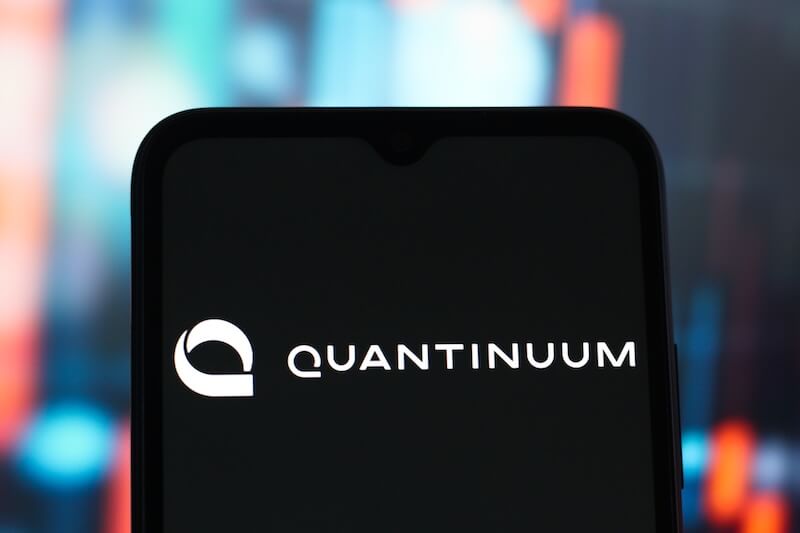A significant milestone has been reached in the quantum computing industry as Quantinuum, a leading quantum computing company, has achieved a landmark $10 billion valuation. This valuation follows a substantial $600 million equity raise, signaling strong investor confidence and highlighting the rapid growth and potential of quantum technologies.
Investment and Backing
The latest funding round attracted significant investment from both existing and new investors. Key new investors include Nvidia's venture arm, NVentures, and Taiwanese electronics giant Quanta Computer. They join a robust group of existing backers, including J.P. Morgan Chase, Mitsui, pharmaceutical major Amgen, and Honeywell. Honeywell remains the largest shareholder with a 54% stake, while IBM has also invested in the company. This diverse and powerful coalition of investors underscores the broad interest in Quantinuum's potential and the quantum computing sector as a whole.
Quantinuum's Strategy and Technology
Quantinuum was formed in 2021 through the merger of Honeywell Quantum Solutions and Cambridge Quantum Computing, blending hardware and software expertise. This combination has positioned Quantinuum as a full-stack quantum computing provider, developing both the hardware and software required for quantum calculations. Their strategy focuses on delivering a complete platform to make quantum programming more accessible and to steadily advance toward fault-tolerant computation.
At the heart of Quantinuum's roadmap is Helios, its next-generation quantum system, slated for launch later this year. Helios is designed to open new possibilities for industries demanding immense computational power and will be available as Hardware-as-a-Service (HaaS), enhancing accessibility. The company utilizes trapped-ion technology, charging ytterbium atoms to create ions. This method is known as a quantum-charged coupled device (QCCD).
Industry Implications and Growth
Quantinuum's $10 billion valuation is potentially the highest of any privately owned quantum computing or quantum technologies company, marking a historic week for the quantum industry. The funding and valuation reflect investor confidence in the company's ability to scale quantum technologies and deliver a full-stack platform. This milestone reinforces the transformative potential of quantum computing and its accelerating progress.
The global quantum technology market is experiencing rapid expansion. A recent report estimates the total global quantum technology market will reach $1.88 billion in 2025, a 27.3% increase from $1.48 billion in 2024. Projections suggest the market could reach $4.89 billion by 2029, fueled by increased computational power and the demand for secure communication. Quantum computing dominates the market, but quantum sensing and communication are also experiencing rapid growth.
Global Collaborations and Expansion
Quantinuum has been strategically expanding its global presence. Its quantum infrastructure is active in New Mexico, Qatar, and Singapore, ensuring that leading institutions and enterprises worldwide can access its technology. The company has also forged collaborations with organizations in Japan, Germany, and the UK. These alliances demonstrate a clear strategy to advance quantum research by integrating global expertise and resources.
Challenges and Opportunities
While the quantum computing industry is experiencing rapid growth, challenges remain. Development, cost, and talent challenges persist. Companies are still working to scale the number of physical qubits and optimize their interactions. Decreasing error rates and noise in quantum computing is also a key area of focus. Despite these challenges, the potential benefits of quantum computing are substantial. Early adopters could gain a significant competitive advantage and potentially revolutionize industries. Quantum computing is expected to bring higher speed and greater accuracy to complex problem-solving.















